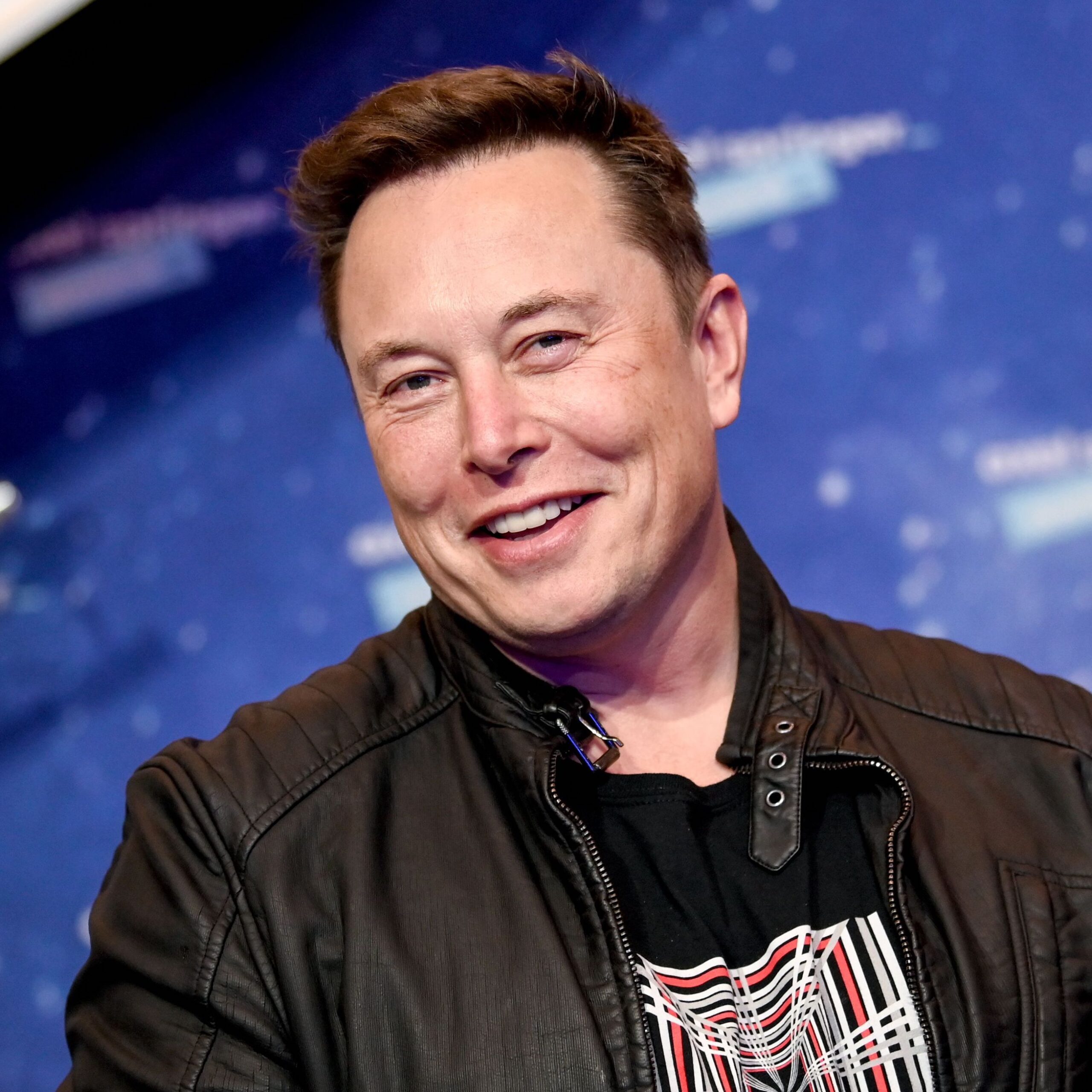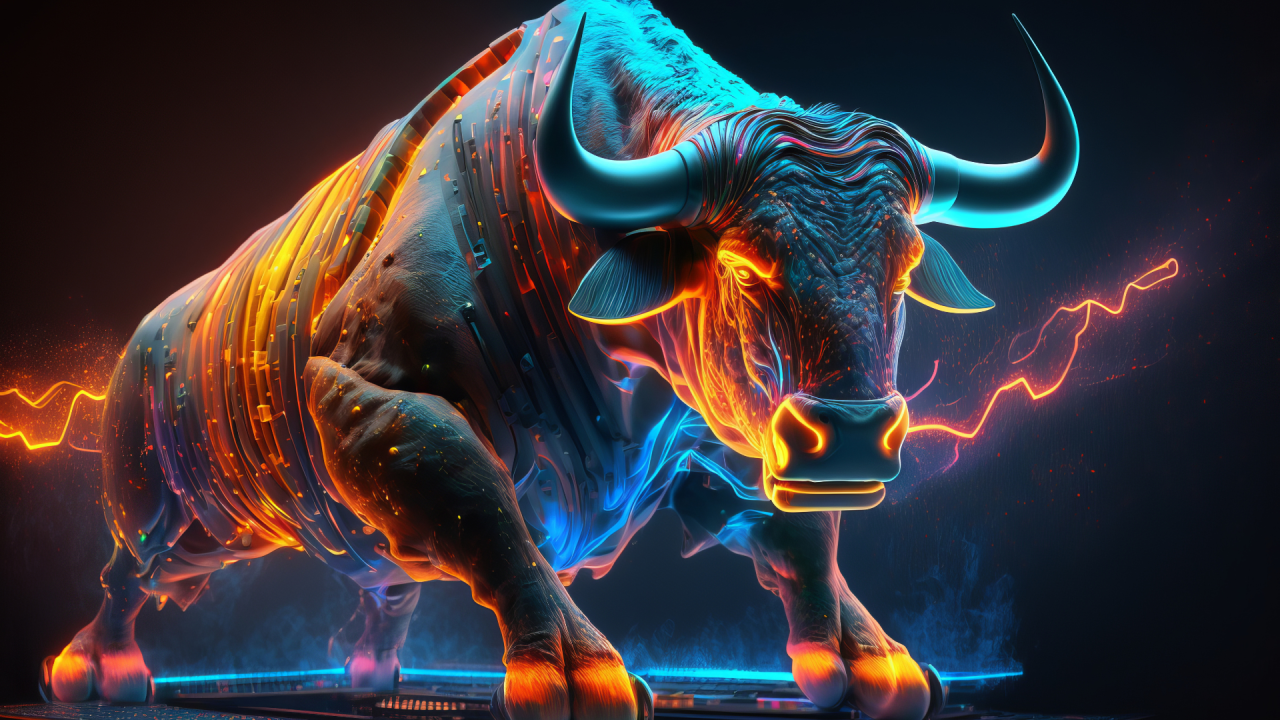Elon Musk vs. His Former Creation: Lawsuit Challenges OpenAI’s Future
Elon Musk, the tech magnate known for his audacious ventures and even bolder claims, has ignited a firestorm in the AI community with a lawsuit against OpenAI, the research lab he co-founded in 2015. The lawsuit, filed on Wednesday, accuses OpenAI and its CEO Sam Altman of betraying the organization’s original mission by forming a multibillion-dollar partnership with Microsoft.
Musk’s central argument hinges on the claim that OpenAI, initially conceived as a non-profit dedicated to developing safe and beneficial AI for all, has strayed from its noble path. He alleges that the Microsoft deal, which grants the tech giant exclusive access to some of OpenAI’s technology, compromises the organization’s neutrality and potentially puts the future of AI development at risk.
Elon Musk’s AI Warning: Lawsuit Could Shape the Future of Artificial Intelligence
This isn’t the first time Musk has voiced concerns about OpenAI’s direction. In 2018, he stepped down from the organization’s board citing concerns about its increasing commercialization. However, this lawsuit marks a significant escalation, potentially shaking the very foundation of the organization he once championed.
OpenAI, on the other hand, has vehemently denied the allegations. In a statement released shortly after the lawsuit became public, the organization maintained that its mission remains unchanged: “We are committed to our mission of ensuring that artificial general intelligence benefits all of humanity.”
The statement further clarified the nature of the Microsoft partnership, emphasizing that it “does not give Microsoft exclusive control over any of our research or technology.” OpenAI also highlighted its ongoing efforts to maintain transparency and collaboration within the AI research community.
Read: SEC vs. Wall Street: Battle for Transparency in the Treasury Market
This legal battle has far-reaching implications beyond the immediate parties involved. It reignites the critical debate surrounding the ethical development and deployment of artificial intelligence. At the heart of the argument lies the question of who controls AI, and for what purpose.
Musk’s concerns resonate with a growing sentiment among some experts who believe that concentrating power and control over AI in the hands of a few corporations or governments could lead to unforeseen risks and detrimental consequences. They advocate for a more decentralized and collaborative approach to ensure that AI development benefits society as a whole, not just the select few.
OpenAI, on the other hand, represents a different perspective. By partnering with established companies like Microsoft, they argue they gain the resources and expertise necessary to accelerate research and development, ultimately leading to faster progress towards achieving their mission.
The legal battle between Musk and OpenAI is likely to be a protracted one, with significant consequences for the future of AI development. The outcome will not only determine the fate of these two organizations but also set a precedent for how the world navigates the ethical and practical challenges posed by this rapidly evolving technology.
Conclusion:
This lawsuit serves as a stark reminder that the development of artificial intelligence is not just a technological endeavor, but a deeply human one, riddled with complex ethical and philosophical questions. As we move forward, it’s crucial to foster open dialogue and collaboration to ensure that AI remains a force for good, benefiting all of humanity.



